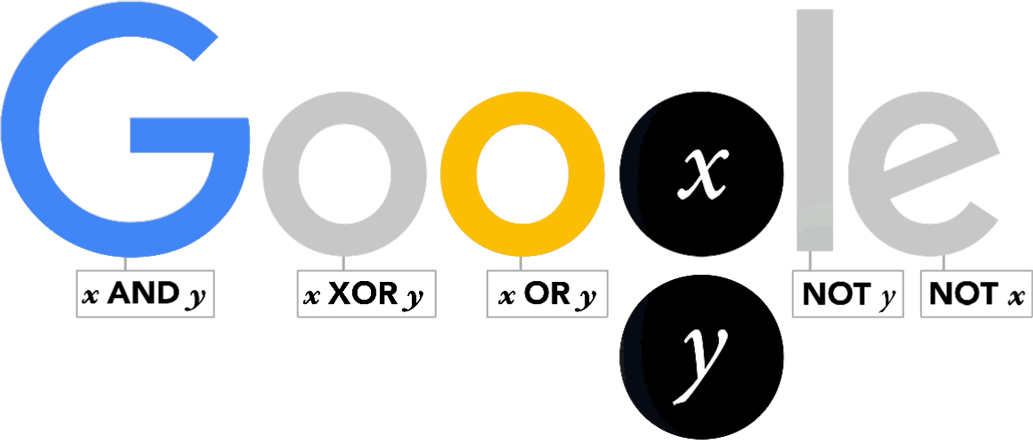George Boole: Google honours mathematical genius with doodle on his 200th birthday

Google, whose internet searches rely on the 19th-century mathematician George Boole's seminal work, has honoured the British genius with its doodle to mark his 200th birth anniversary on 2 November. The search giant's flashing doodle shows its five alphabets light up according to a logic gate placed beneath them, with the second "g" activating the letters at different times.
This simple logic not only helps Google's searches today but also is behind most of the success of today's digital revolution.
So who was Boole?
He was a self-taught mathematician with no degree to his name but credited with a logic that runs most of today's computing based on a few simple binary questions. Boolean logic applies "true" or "false" to all variables and is behind the truth values of 0 and 1 applied to logic gates of today's computing.
Boole was born in Lincolnshire 200 years ago. Like Michael Faraday, Srinivas Ramanujam and Gregor Mendel, he was self-taught. He dropped out of school due to poor family finances.
Despite an incomplete schooling, Boole became a teacher and even started his own school. At 24, he published his first paper, Researches on the Theory of Analytical Transformations, in the Cambridge Mathematical Journal.
Six years later, Boole published a book in which he introduced symbolic logic where objects are represented by mathematical symbols. The book, An Investigation of the Laws of Thought, brought together algebra and logic. Bertrand Russell believed the book to be "the work in which pure mathematics was discovered".
Boole went on to become the first professor of mathematics at Queen's College, Cork in Ireland without possessing a degree in any subject. He worked on the mathematics of probability. To him, maths and logic could explain all human thought.
The young genius was only 49 when he died after contracting pneumonia from walking in the rain and lecturing in wet clothes. Did the genius die as a result of his own logical principle?
Legend has it that his wife, believing that a remedy resembles its cause, doused the sick Boole's bed with buckets of water, perhaps leading to his death.
© Copyright IBTimes 2025. All rights reserved.





















